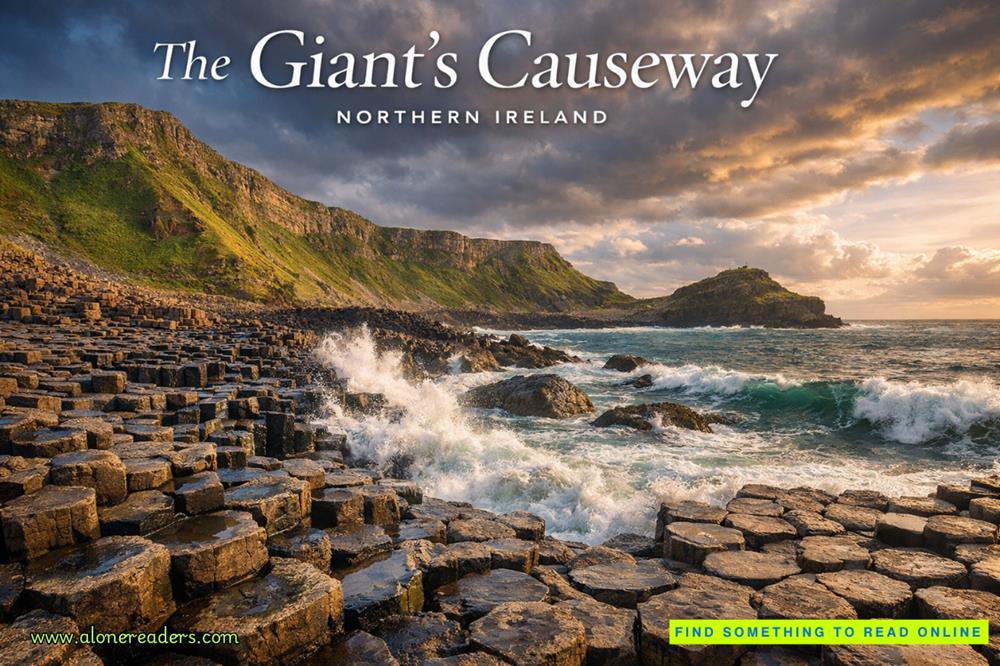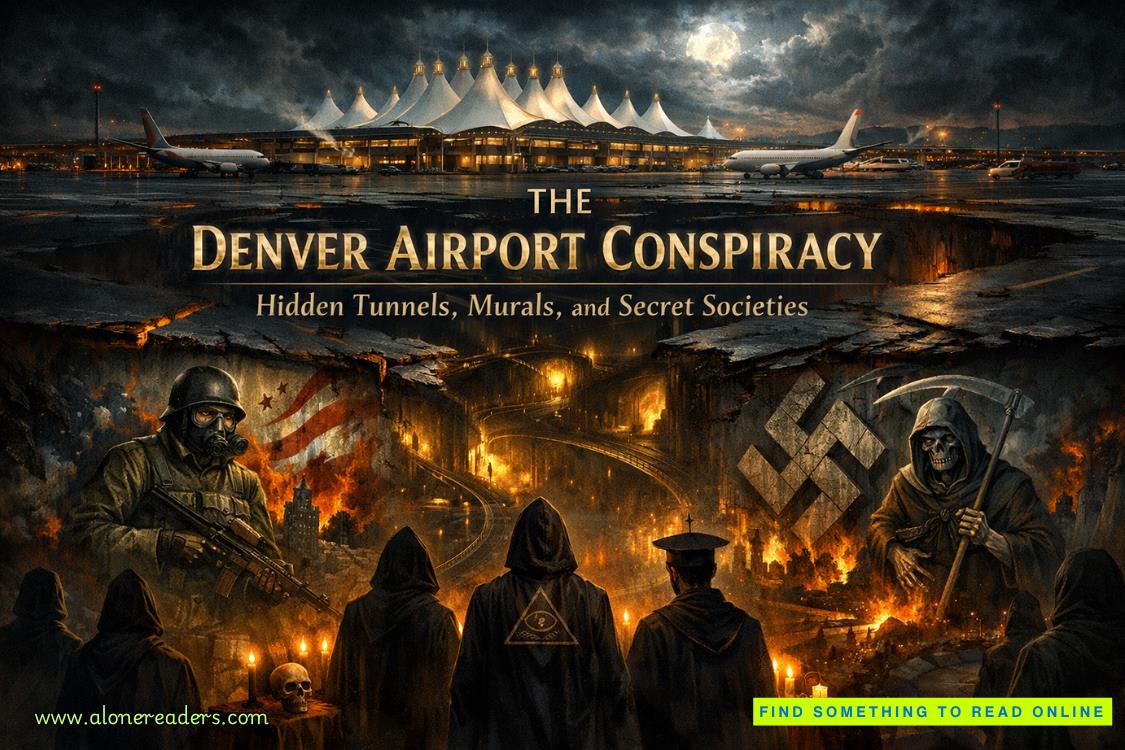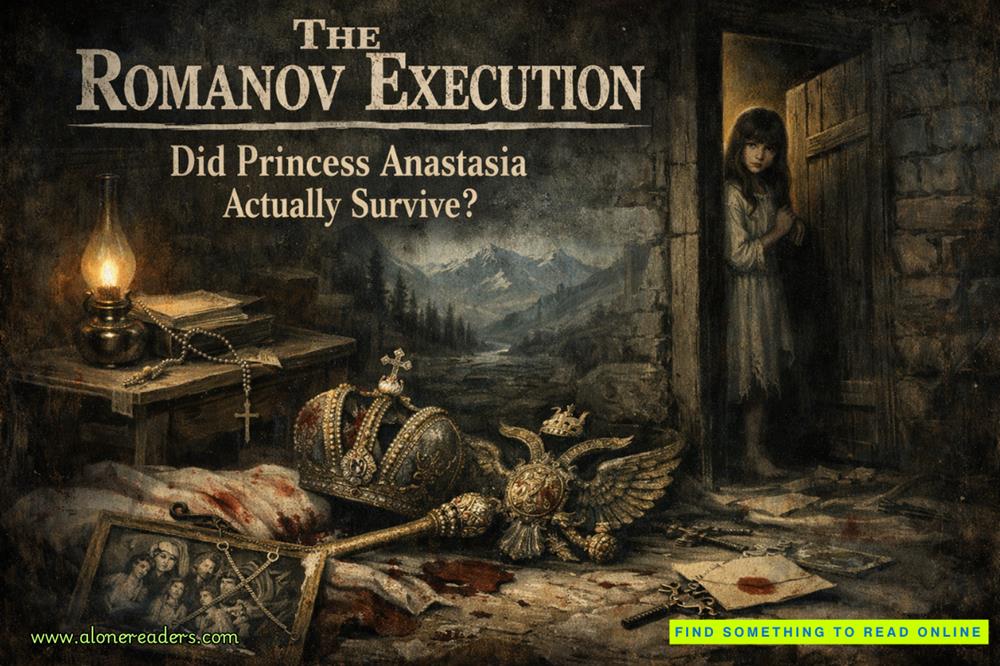The words hit harder than I expected. "No. I'm not. He died because he made a mistake. I won't."
That was the lie I could live with. The truth was too tangled and raw.
Michael's face twisted into a mask of rage. "You think that's what this is? Some kind of redemption? He was a firefighter, Marcus, not some tragic hero. He died doing his job."
The words hung in the air, refusing to rest.
James stood silently near the window, his gaze distant but sharp, absorbing everything. He didn't interrupt and didn't try to soften the blow. Maybe he knew there was no point.
Michael raked his fingers through his hair, pacing like the room was too small to contain his frustration. "You're going to get yourself killed."
"Better than hiding."
Silence fell, thick and suffocating. James finally spoke, his voice low but steady. "This isn't about your father. This is about you. You're not him, Marcus. You're the one who decides how this ends."
We both turned to him.
"Elliot wants Marcus to run. To be afraid. That's part of the game. The only way this ends is if we confront him."
Michael shook his head, his frustration boiling over. "Or you both end up dead."
I took a step closer to him, closing the distance. "If I die, it won't be because I was running away."
The words hung in the air. It was a truth neither of them could argue with.
The room was too quiet after the shouting stopped. The cheap hotel lamp cast a dull, yellow glow, barely cutting through the shadows that gathered as the afternoon wore on.
I sat on the edge of the bed, elbows digging into my knees, staring at the floor like it might offer answers. I wasn't scared of dying. I feared becoming a tool used by Raines to act out a sick fantasy.
I also worried that somewhere along the way, I'd stopped running toward something and started running from myself. The fire had always been there, an invisible thread woven through every choice I'd made. I told myself it was about control and facing danger head-on, but maybe it had always been about trying to outrun a legacy I couldn't escape.
I thought about the truck again—how the flames had looked almost beautiful in their precision. How controlled destruction could be mistaken for art if you squinted just right.
James was there. He didn't hover or try to fix anything. He sat beside me, close enough to be an anchor in my storm.
After a long stretch of silence, I finally found my voice, though it sounded thin and brittle. "You don't have to be here."
His answer was soft but unshakeable. "I know."
I turned to look at him, really looked. I concentrated on the faint lines around his eyes and the stubborn tilt of his chin. "But you're staying anyway."
He nodded. "Yeah. I am."
No grand declarations. No promises he couldn't keep—just that simple truth, solid and sure.
Chapter twenty-one
James
The morning air was crisp, cutting through my jacket as if it had teeth. A thin fog crawled along the ground, refusing to lift.
The hum of voices—athletes, coaches, volunteers—mingled with the occasional bark of a race official's command. The sound didn't blend; it crashed and collided—chaos with no rhythm and noise that crawled under my skin.
Thousands of athletes milled around the transition zones, bodies tense with pre-race jitters. Wetsuits hung halfway down as they stretched, adjusted goggles, and muttered last-minute affirmations. Bikes gleamed under the early light, racked in neat rows like soldiers waiting for orders. The sharp scent of body glide and sunscreen mixed with the faint metallic tang of lake water and adrenaline.
Marcus moved through it all with the easy confidence of someone who belonged there, adjusting his goggles and shaking out his arms. To everyone else, he looked like any other triathlete, but I saw the rigidity in his jaw and how his fingersflexed around the strap of his race belt—minor signs that the calm was an act. It was an effective one, but an act nonetheless.
At one point, he paused to talk with a pair of other athletes—casual, effortless conversation punctuated by easy smiles. His laughter came a second too late, like he'd pulled it from somewhere deep inside. They couldn't see it, but I could. The tension was there, coiled tightly beneath the surface.















